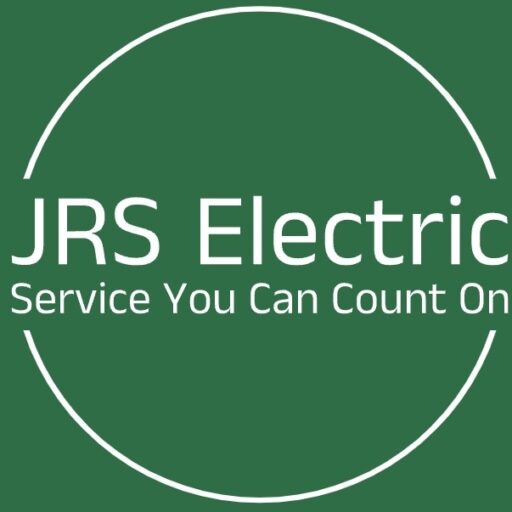Living in Queens, we cherish our homes’ comfort, especially when Mother Nature decides to throw a curveball. Imagine you’re in the middle of watching a movie with your family, popcorn in hand, when suddenly everything goes dark. Power outages can disrupt our lives in the blink of an eye, making a reliable generator a worthy investment. Choosing the right generator ensures your home stays powered, and life can continue without a hitch.
There’s a lot to consider when searching for a generator that suits your home. From understanding the different types available to considering power needs and safety features, the process can seem complex. Yet, with some basic knowledge, you can make an informed decision. Let’s dive into what you need to know so that when the next storm hits, you won’t be left in the dark.
Understanding Different Types of Generators
When selecting a generator, it’s important to recognize the two main types: portable and standby generators. Each comes with its own set of advantages and disadvantages, so understanding these can help guide your decision.
– Portable Generators: These are the most versatile option, offering flexibility because they can be moved around as needed. They are perfect for short-term use or for tasks outside the home, like powering tools. However, they require manual setup and constant monitoring. You’ll have to start it yourself during an outage and make sure it has enough fuel to keep running.
– Standby Generators: Permanently installed outside your home, these generators kick in automatically when the power goes out. They are designed for long-term use and can power most of your home’s appliances. The convenience factor is high because there’s no need to refuel manually, and you won’t have to scramble to get it running. However, they tend to be more expensive upfront due to installation costs.
Each generator type has typical use cases. Portable generators are ideal for camping trips or smaller homes where you don’t need to power everything. Standby generators are better for larger homes or those who want an all-encompassing solution that automatically begins during outages.
Choosing between these types depends on your needs and budget. Understanding the features and limitations of each helps ensure your selection fits seamlessly into your life. This choice is about striking a balance between convenience, capability, and cost.
Factors to Consider When Choosing a Generator
Picking the perfect generator involves understanding your home’s power needs. First, figure out how much wattage you’ll need. Make a list of all the appliances and devices you might want to run during a power outage. Don’t forget essentials like the refrigerator, lights, and heating or AC system. Once you write them down, check the wattage each one requires to run smoothly.
Next, consider the type of fuel your generator will use. Generators typically run on gasoline, propane, or diesel. Gasoline is easy to come by, but it might not store well for long periods. Propane has a longer shelf life and burns cleaner. Diesel generators are efficient and great for heavy-duty use, but they can be heavier and louder.
Noise level is another important factor. Some generators can be quite disruptive, so check the decibel rating if you’re in a neighborhood where noise might disturb your peace. Opting for quieter models ensures you remain a good neighbor and avoid unwanted noise distractions.
Safety features shouldn’t be overlooked either. Look for generators with automatic shut-off capabilities if carbon monoxide levels get too high or when the machine is low on oil. These safety measures help protect your family and extend the life of your generator.
Installation and Maintenance Tips
Professional installation is key to ensuring your generator operates safely and efficiently. Here in Queens, having experts handle the setup means they can address any electrical nuances specific to the area. A professional will ensure all connections are secure and the system integrates smoothly with your home.
Once installed, maintaining your generator is essential to keep it running smoothly. Regularly check and change the oil, clean or replace air filters, and inspect fuel lines for any leaks or wear. Running the generator for a short time every few months ensures it’s ready when you need it and prevents starting issues.
Sometimes, things don’t go as planned. Stay alert for signs your generator might need servicing. If you notice difficulty starting, unusual noises, or inconsistent power output, it might be time for a professional to take a look. Consistent maintenance and quick response to any issues will keep your generator dependable year-round.
Making the Right Choice for Your Home
In Queens, having a reliable generator is an investment in your home’s comfort and security. With various types to choose from, consider what fits best with your lifestyle, power needs, and budget. Taking time to understand the pros and cons of portable vs. standby models and what fuel options are available will make your choice clearer.
As you weigh the factors, keep in mind the importance of professional help in both installation and servicing. This guide provides you with the basics to get started. Choose wisely, and you’ll appreciate the peace of mind a dependable power source brings when the lights go out. Making an informed decision today ensures you and your family can navigate future power outages with ease.
Thinking about upgrading your home’s power backup? Consider enlisting professional help from electricians in Queens through JRS Electric to ensure everything is set up perfectly. Whether you’re choosing between a portable or standby generator, our skilled team can make all the difference in giving you peace of mind. Contact us today to make sure your generator needs are covered.

